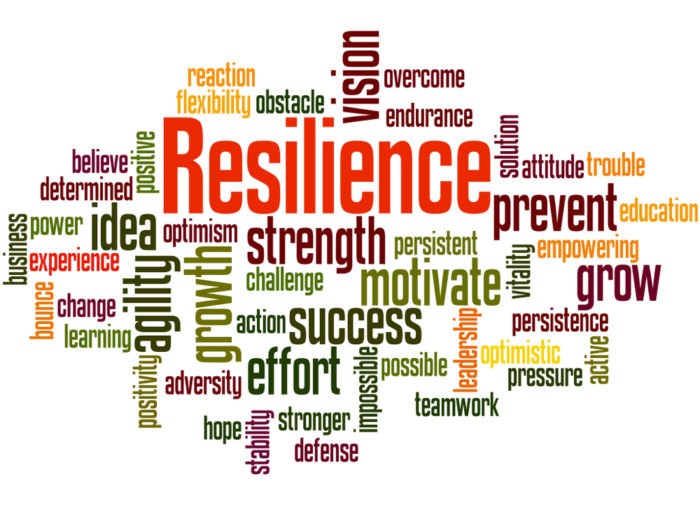The X-factor for Business Success? Why Resilience Might Be the Key to Greater Success for Business Owners!

Blog
There’s a popular quote from Charles Swindoll, “Life is 10 percent what happens to you and 90 percent how you react to it.”
Everyone — every person — will invariably encounter some rough or tough situations in life, either through personal creation or via outside forces. That much is fairly unavoidable.
However, mistakes or challenges and roadblocks don’t have to — and shouldn’t — be the end of the story. Instead, it’s what you do next that really matters in the big scheme of things and importantly, to your future success.
Can resilience be the key or secret to business success?
Perhaps the best term that correlates to this idea is one simple word, “Resilience.”
Resilience is defined as:
“…an ability to recover from or adjust easily to misfortune or change.” (Definition of “reslience” on Merriam-Webster)
Author Eric Greitens writes in an entrepreneur.com magazine article on resilience:
“The path to success is forged via a thousand small adjustments, each one possible only because the entrepreneur has their eyes and ears wide open and is able to adjust — time after time — to all the failures before them.”
Author Scott Mautz says in an inc.com article titled, “This 2-Minute Mental Habit Can Help You Rebound From a Tough Day at Work”:
“Whether you’re a leader, entrepreneur, small business owner, or any and all of the above, some days bring you to your knees. Resilience is often required after the worst of days to keep you going on your quest, but it’s not so easy to find.”
So, how do you find this magical “resilience” when you need it, so that you can overcome the challenges you’re facing — or mistakes you’ve made — to turn it around to a “win?”
Remember that you control your perception.
Sometimes, all it takes to positively deal with mistakes you’ve made or obstacles is to change or re-frame your perception. In other words, “Change your mindset, by changing your mind.”
For everything that happens to us or against us even, there can almost always be a lesson we can take from it. We just need to look for it and try to determine, “Is there a message in the madness?”
One way to make this real-time analysis easier is to ask ourselves the following questions:
- How can we use this mistake or obstacle for our good in the future?
- Is there something we can do differently now and ongoing, to prevent this from happening again?
- Can we use this situation to improve practices, policies and/or procedures?
- What have you learned —or did you learn — about yourself in this process?
You likely get the picture… your goal is to try and take good from what you were seeing as “bad.”
An interesting idea or supplement to the practice of asking yourself these questions is that many experts contend you don’t actually have to answer these questions fully or formally to experience the benefit of such “positive introspection.” Merely asking yourself the questions serves to open your mind to a new way of framing what is happening, or has happened, in your life that you previously saw as a mistake or challenging.
Simply allowing yourself to consider an alternate view is frequently enough to totally change the way you understand it and feel about it so that it pushes you forward to positive changes that positively impact your business and perhaps, your life, moving forward.
